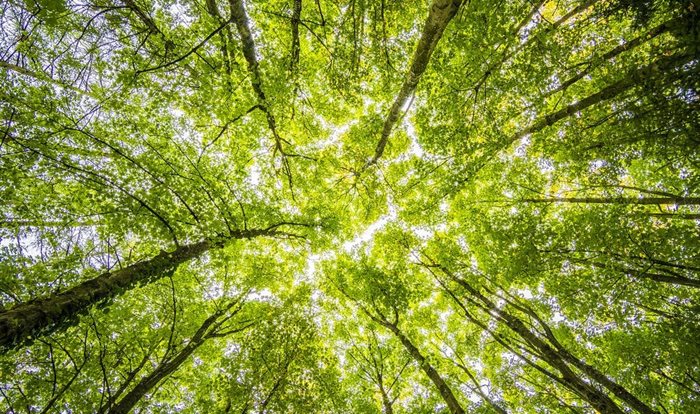






“These categorisations give us actionable and targeted information to act for conservation,” said Ashley Robson, the study’s lead author from the University of Cape Town.
Many African nations have invested significant resources and land into their protected area networks, often exceeding global averages. However, budget shortfalls and growing threats jeopardise conservation outcomes. According to Robson given the current focus on conservation, this research can help effectively allocate conservation effort and donor pledges.
Conservation movements like 30x30 that call for greatly expanded area-based conservation targets assume existing protected areas are actually conserved. “We show that this is not the case. We need to ensure that Africa’s existing conservation areas – and the biodiversity that they support and carbon that they store – are at the forefront of decisions regarding future conservation,” Robson.
For each protected area, the team of researchers calculated an index to quantify threats to the protected area and adequacy of management activities and budgets as reported by local experts. By combining this index with the conservation status of African lions relative to their carrying capacity, protected areas were divided into four categories: failing, deteriorating, recovering, or succeeding. Failing protected areas had a poor conservation index and lions were doing poorly.
Deteriorating areas had a poor conservation index but lions above 50% of carrying capacity, an indication that future declines are likely. Recovering protected areas had a good conservation index score, but low lion numbers with hope for improvement. Succeeding protected areas had both a good conservation index and thriving lion population.
Lions are an indicator species for savannahs. Where they are fairing poorly, prey species and habitats also tend to be poorly conserved. Where management is insufficient to conserve lions, it is likely insufficient to counter threats like tree cutting or land conversion that jeopardise habitat and ecosystem services like carbon storage.
“Lack of effective management poses a truly existential crisis for the protected areas in question,” said Peter Lindsey, study co-author and director of the Lion Recovery Fund. “With the world finally waking up to the biodiversity and climate crises – this paper clearly shows the potential price of inaction. If we cannot increase the proportion of conservation land under effective management, we run the risk of losing huge swathes of protected areas with massive carbon release and biodiversity loss.”
These successes offer a model to rapidly improve conservation outcomes by harnessing international willingness to support conservation in Africa. “The current global focus on conservation, combined with competent collaborative management partners and dedicated governments, equals exciting potential solutions to Africa’s conservation crisis,” Lindsey said.